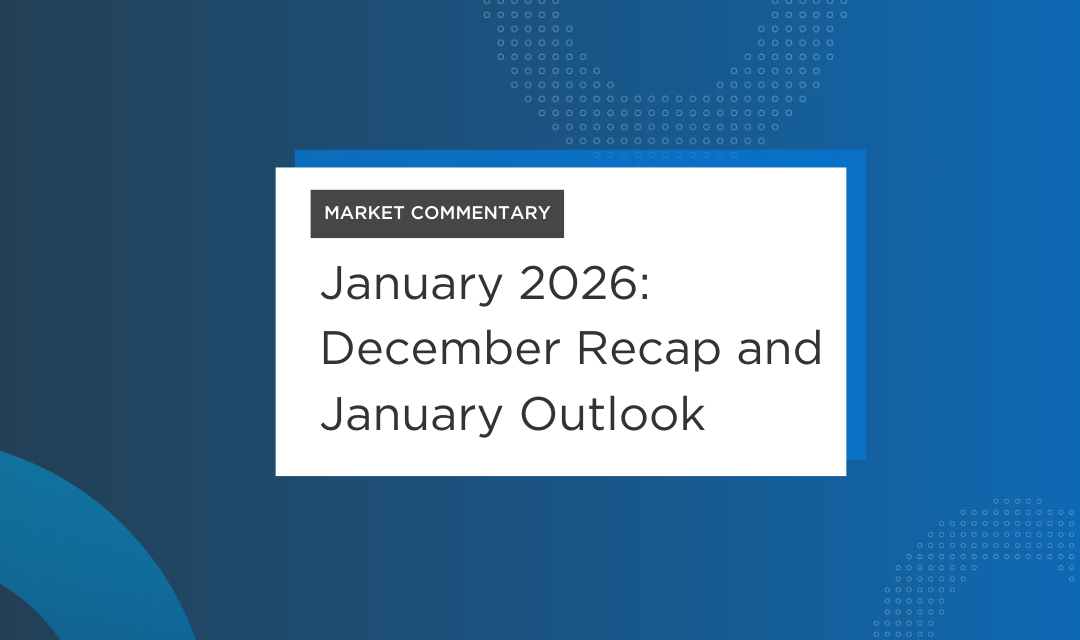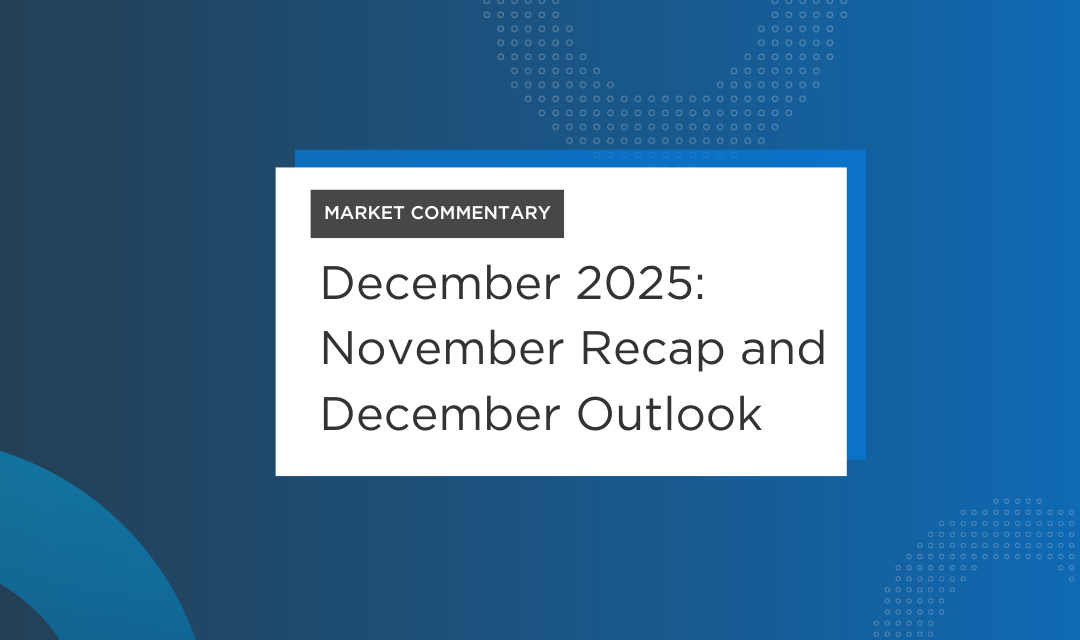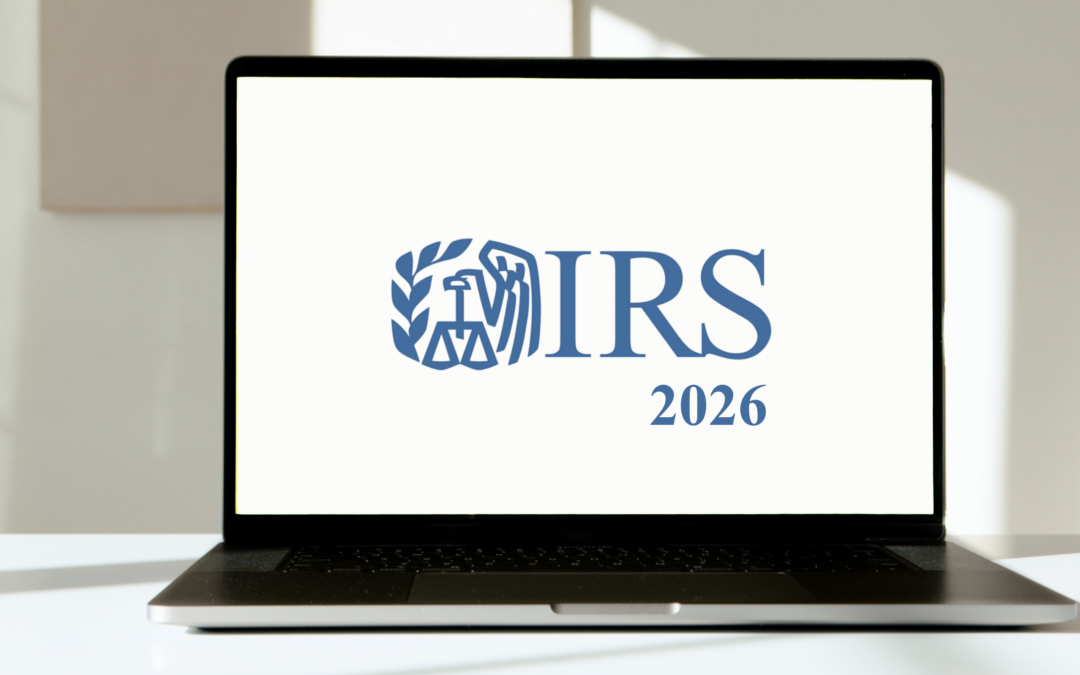Inflation can erode the purchasing power of your money over time, making it crucial to take proactive steps to protect yourself and your assets. Some actionable strategies for safeguarding your financial well-being include investing in inflation-resistant assets and optimizing your spending habits.
By understanding the impact of Inflation and implementing these measures, you can maintain and even enhance your financial security.
What is Inflation, and How Does it Affect the Economy?
Before diving into protective measures, it’s essential to grasp the concept of Inflation. Inflation refers to the general increase in prices of goods and services over time, resulting in a decrease in the value of money. Government policies, economic growth, and market conditions influence Inflation. By comprehending Inflation, you’ll be better equipped to devise an effective asset protection strategy.
The Best Inflation-Resistant Investments for Your Portfolio
One of the most effective ways to guard against Inflation is by investing in assets that perform well during inflationary periods. These assets include real estate, stocks, commodities, and Treasury Inflation-Protected Securities (TIPS). Real estate can act as a hedge against Inflation, as property values tend to rise with increasing prices. Stocks of companies with strong pricing power and commodities like gold and oil can also be hedges. On the other hand, TIPS are government bonds that adjust their value with Inflation, offering protection for bondholders.
The Benefits of Diversifying Your Investment Portfolio
Diversification is crucial for mitigating the impact of Inflation on your investments. By spreading your investments across various asset classes, sectors, and geographic regions, you reduce the risk of being overly exposed to inflation-related fluctuations in a specific market. A well-diversified portfolio can include stocks, bonds, real estate investment trusts (REITs), and international investments.
How to Optimize Your Spending Habits for Financial Success
While investing is essential, optimizing your spending habits can also protect you from the effects of Inflation.
Consider adopting the following strategies:
- Track and control your expenses: Monitor your spending patterns and identify areas where you can cut costs or make more economical choices.
- Focus on essential purchases: Prioritize spending on necessary items and evaluate discretionary expenses carefully.
- Make informed purchasing decisions: Compare prices, take advantage of discounts and sales, and consider buying in bulk when it makes financial sense.
- Avoid excessive debt: High-interest debt can be particularly burdensome during inflationary periods. Minimize your debt load and aim to pay off existing debts as soon as possible.
Understand Inflation-Adjusted Financial Products
Certain financial products can help safeguard your assets against Inflation. These include inflation-indexed annuities and inflation-protected life insurance policies. These instruments protect by adjusting the payout or coverage amount with Inflation.
Another option is to consider investing in commodities with intrinsic value. While gold is often considered a haven during inflationary periods, other things are also worth considering. Silver, platinum, and agricultural commodities like wheat and corn can provide a hedge against Inflation. These tangible assets tend to hold their value or even appreciate when fiat currency’s purchasing power declines.
Inflation-resistant assets extend beyond traditional investments. Alternative investments such as real estate investment trusts (REITs), infrastructure projects, and private equity funds can offer diversification and potential protection against Inflation. These investments often have different risk and return profiles compared to stocks and bonds, which can be beneficial in an inflationary environment.
You can also consider investing in dividend-paying stocks. Companies that consistently pay dividends can be an attractive option during inflationary periods. Dividend payments can provide a steady stream of income that keeps up with or exceeds the inflation rate. Look for companies with a history of increasing dividends over time, as this indicates their ability to maintain purchasing power in the face of Inflation.
Inflation-linked savings accounts are also up your alley. Some financial institutions offer savings accounts specifically designed to keep up with Inflation. These accounts adjust the interest rate based on changes in an inflation index, ensuring that the real value of your savings does not decrease over time. Research and compare different options to find the best account that suits your needs.
A fool proof method in addition to all the above is to enhance your knowledge, skills, and qualifications to make yourself more valuable in the job market, increasing your earning potential and protecting you against inflationary pressures. Consider taking professional courses, attending workshops or conferences, or pursuing higher education to stay competitive and adaptable.
It’s important while pursuing investments to remember that inflation can push individuals into higher tax brackets, leading to increased tax liabilities. Stay informed about tax laws and regulations, and consider working with a tax advisor to optimize your tax planning strategies. By minimizing your tax burden, you can protect more of your income and assets from the erosive effects of Inflation.
Last but not least, maintain an emergency fund. Inflation can bring unexpected financial challenges. An emergency fund with enough funds to cover several months’ expenses can provide a buffer during uncertain times. This fund should be readily accessible and invested in instruments that preserve capital and offer liquidity.
How to Stay Educated and Updated in Your Field
Financial landscapes and market conditions can change rapidly. Stay informed about economic indicators, policy changes, and market trends. This knowledge will enable you to make informed decisions and adjust your strategies to protect against Inflation.
Protecting yourself and your assets against Inflation is critical to maintaining financial wellness. By understanding Inflation, diversifying your investments, optimizing your spending habits, and considering inflation-resistant purchases and financial products, you can enhance your ability to withstand the impact of rising prices and secure your financial future.
Sources:
https://www.investopedia.com/articles/basics/10/protect-yourself-from-inflation.asp
https://www.investopedia.com/articles/investing/081315/9-top-assets-protection-against-inflation.asp
https://www.nerdwallet.com/article/finance/how-to-protect-your-spending-power-from-inflation
DISCLOSURES
Investment advisory services offered through TCG Advisors LLC, a HUB International company, an SEC registered investment advisor. Insurance Services offered through HUB International. Tax services offered through RPW Solutions. Although the information in this blog has been compiled from data considered to be reliable, the information is unaudited and is not independently verified.
TCG Advisors does not provide tax, legal or accounting advice. This presentation was prepared for information purposes only, and is not intended to provide, and should not be relied on for, tax, legal or accounting advice. You should consult your own tax, legal and accounting advisor before engaging in any transaction.
When we provide investment advice to you regarding your retirement plan account or individual retirement account, we are fiduciaries within the meaning of Title I of the Employee Retirement Income Security Act and/or the Internal Revenue Code, as applicable, which are laws governing retirement accounts. The way we make money creates some conflicts with your interests, so we operate under a special rule that requires us to act in your best interest and not put our interest ahead of yours.
Under this special rule’s provisions, we must: (1) Meet a professional standard of care when making investment recommendations (give prudent advice), (2), Never put our financial interests ahead of yours when making recommendations (give loyal advice), (3) Avoid misleading statements about conflicts of interest, fees, and investments, (4) Follow policies and procedures designed to ensure that we give advice that is in your best interest, (5) Charge no more than is reasonable for our services, and (6) Give you basic information about conflicts of interest.
This website is not authorized for use as an offer of sale or a solicitation of an offer to purchase investments. This website is for informational purposes only and does not constitute an offer to sell, a solicitation to buy, or a recommendation for any security, or as an offer to provide advisory or other services in any jurisdiction in which such offer, solicitation, purchase or sale would be unlawful under the securities laws of such jurisdiction. (TCG.149.2023)



